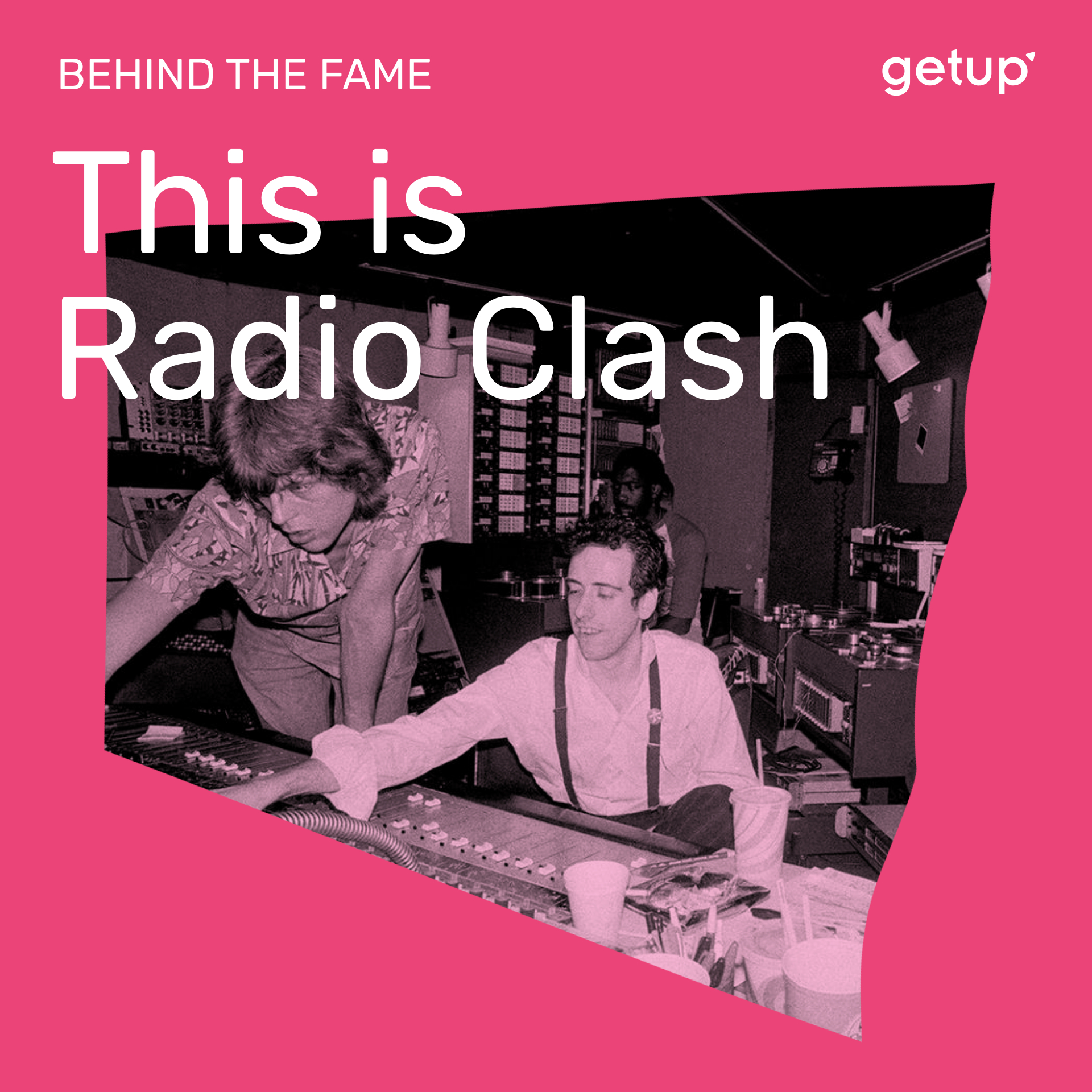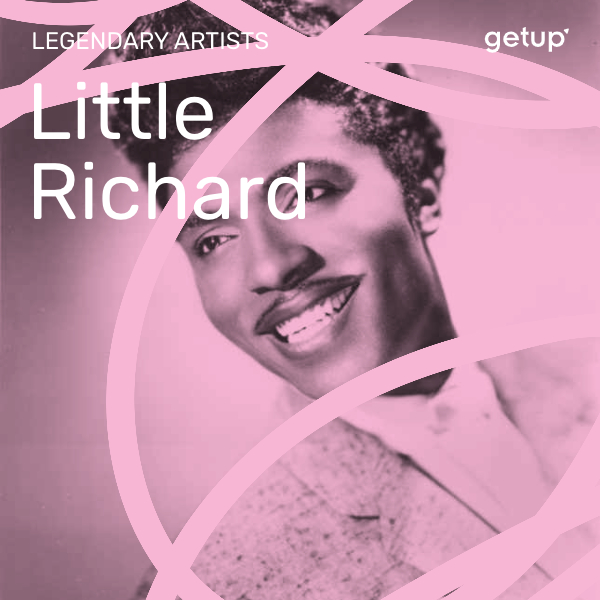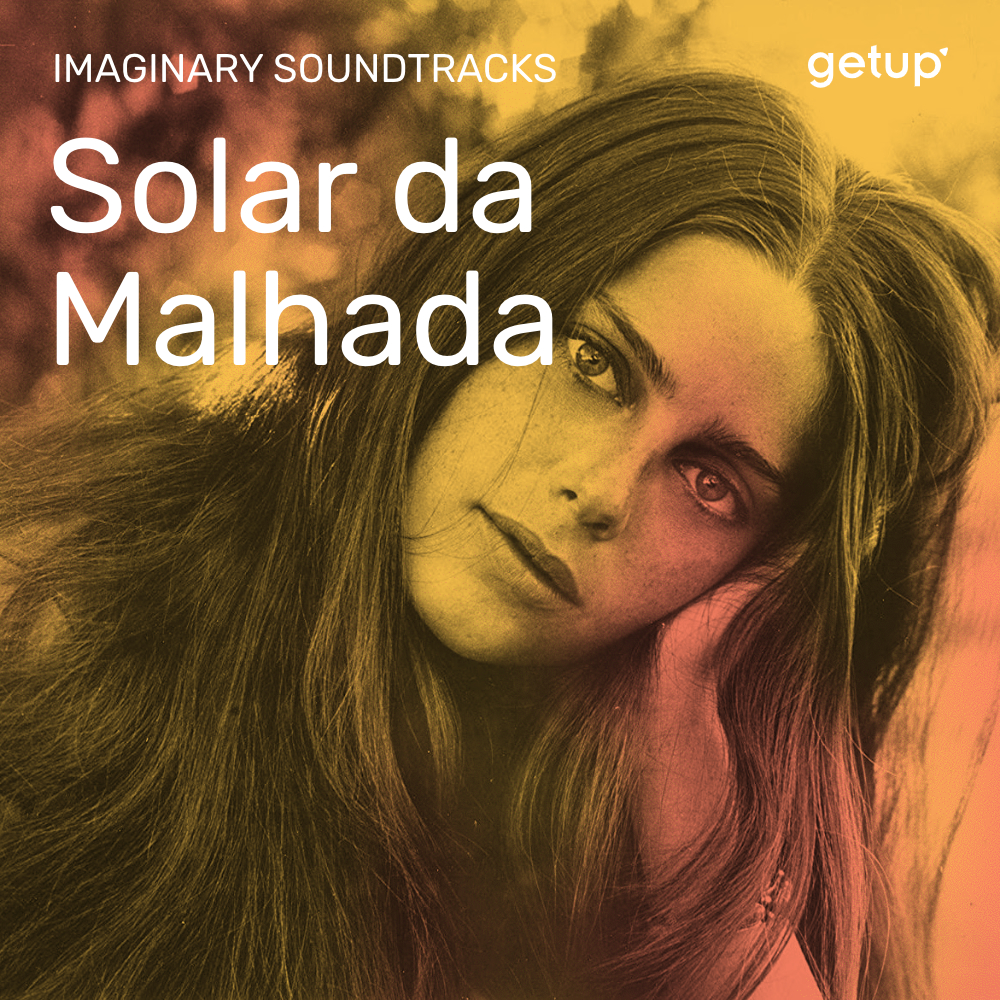Everything you need to know about Gram Parson's can be seen through the looking glass of his death. Overdosed at the ripe age of 26, Gram's body was set to be flown from Southern California to Louisiana as a way of enriching Gram's estranged step-father, Bob Parsons, who stood to inherit Gram's share of his grandfather's estate if he could prove that Gram was a resident of Louisiana.
Instead, while his corpse sat idly at Los Angeles International Airport, Parson's entourage stole his body with the intention of bringing it to Joshua Tree National Park and cremating it; per Parson's dying wish.
The amateur corpse thieves pulled it off, and with five gallons of gasoline and a book of matches, they set Gram Parson's on fire over the Cap Rock natural monument. Since, technically, no law existed against stealing corpses, the duo's fulfillment of Gram's post-mortem ruse went unpunished.
As Gram's soul drifted beyond this world, the struggle between love and money, infamy and authenticity, purity and toxicity, raged on in ten foot flames.
Born Ingram Cecil Connor III, Gram had a troubled upbringing. Material wealth coupled alcoholism and suicide among Gram's parents. A failing student, somehow Gram was eventually accepted to Harvard to study theology. Nonetheless, within his first year of prestige Gram headed west, abandoning his life of comfort and luxury in search of something more; country music.
“'Cause I headed west to grow up with the country
Across those prairies with those waves of grain
And I saw my devil and I saw my deep blue sea
And I thought about a calico bonnet
From Cheyenne to Tennessee”
With a little luck and a whole lot of talent Parsons quickly linked up with the right types, eventually landing a place in The Byrds and having a major role in composing The Sweetheart of the Rodeo; The Byrds twangiest album.
From there Gram's influence spread like shit on a cowboy's kickers. He would eventually shack up with the likes of Keith Richards, briefly living in his flat in the South of France. Other notable figureheads like the Eagles’ Glenn Frey, John David Souther and Don Henley would come watch Gram's group, The Flying Burrito Brothers, play dinky joints outside L.A.
Folk-rock took storm in the late 1960's and Parsons was one of the first embers to stoke the flames. Hendrix, Lennon, Zeppelin, The Grateful Dead, and most of all The Rolling Stones all dabbled in the newfound love of twang. Parson's stardom never burned bright even after the release of his masterpiece Grievous Angel, but his influence loomed large.
Nonetheless Parson's troubled past and Wild West spirit led down a psychedelic road of desert flowers and UFO sightings, tinted in a lense of barbiturates and alcohol, a recipe that pined for heart-wrenching lyrics like such:
“Some fools think of happiness
Blissfulness, togetherness
Some fools fool themselves, I guess
But they're not fooling me”
So Parsons’ light went out, and the saloon lamps of music turned on.
“Out with the truckers and the kickers and the cowboy angels
And a good saloon in every single town”
This cowboy angel will forever remain a cult hero, watching over the twatter and twang of music from the desert dust where his ashes remain, blending the spirit of soul and grit of country, with the wild ways of rock'n'roll.
.jpg)



.jpg)
